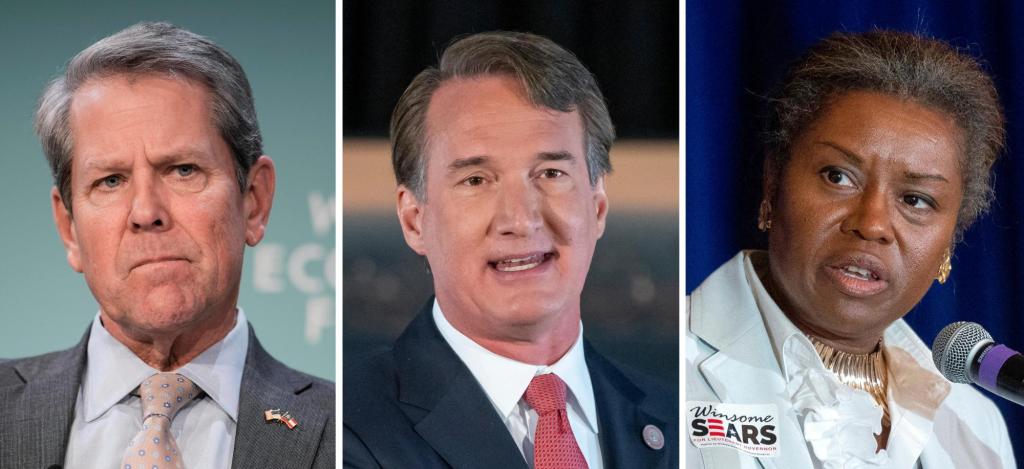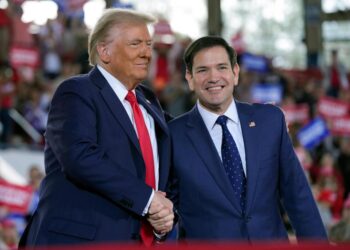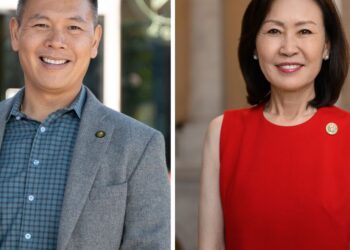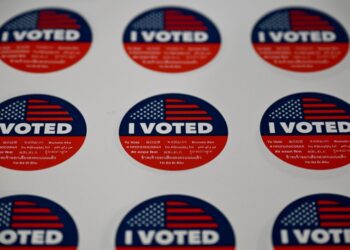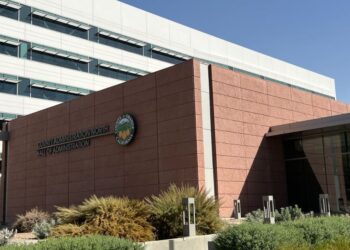By BILL BARROW (Associated Press)
ATLANTA (AP) — Georgia Gov. Brian Kemp will back his fellow Republicans’ presidential ticket in November. That does not mean he will cheerlead for former President Donald Trump or even endorse him by name.
“I’m going to support the nominee,” Kemp told reporters this week after Trump won his state’s primary on his way to clinching the GOP nomination.
Virginia Gov. Glenn Youngkin, once a favorite potential presidential candidate for anti-Trump Republicans, officially endorsed the former president last week. But he did so only after Trump won the Virginia primary on Super Tuesday. And Virginia Lt. Gov. Winsome Earle-Sears, one of the nation’s highest-ranking Black Republicans, still won’t endorse him.
“Everybody has to make their own decision,” she told reporters after Trump’s victory. She then cited an Old Testament verse, Hosea 8:4, that reads in part, “They have set up kings, but not by me.”
While Trump coasted to his third consecutive Republican nomination, his domination of the party isn’t seamless. Some high-profile members of his party, particularly in swing states full of voters skeptical of Trump, are trying to keep their distance while preserving their own futures.
For figures like Kemp and Youngkin who could make their own presidential bids in four years, that means careful positioning intended to satisfy enough Trump backers without alienating voters repelled by the former president. For Trump, it means a rockier road to winning coalitions in battleground states he lost to Biden in 2020 and Kemp and Youngkin won since, proceeding to enact policies popular with the right.
“He’s the King Kong of Republican politics,” Whit Ayres, who worked for Florida Sen. Marco Rubio’s presidential campaign in 2016, said in an interview leading up to Trump officially securing the nomination. But, Ayres said, that’s not the same thing as unifying the party and expanding the coalition in a…
Read the full article here

